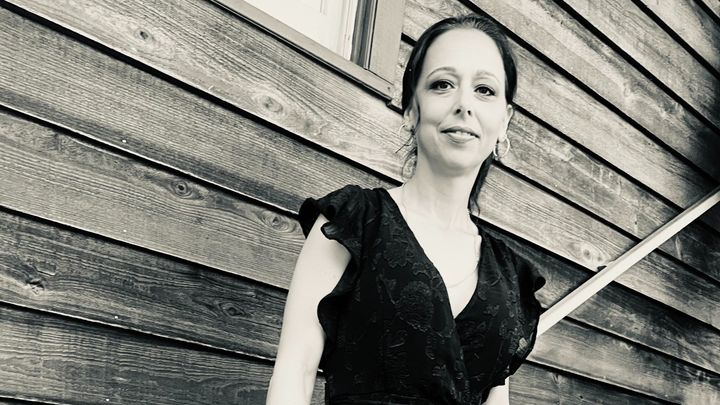
Sonya's FAP Syndrome Fund
Hi, My name is Tonya Bennett. I am Sonya Champ's sister. I am starting this fundraiser to help Sonya have the means to make sure she can get her medical treatments, needs and supplies. Sonya is a 44 year young Floridian. She was diagnosed with FAP Syndrome last year through Duke University. Sonya is single with 5 adult children and 4 beautiful grandchildren. She is staying with our mother while getting treatment at The Mayo Hospital. Sonya is not able to work and will need help supporting herself. She has just today had her first surgery removing her colon and rectum and placing the stoma. I am told this will be an extremely painful and long recovery. There will be other surgeries and hopefully some treatments to help Sonya keep fighting this rare uncurable syndrome. Right now Sonya is needing a large group of support from family and friends and anyone who feels compelled to help and share this fundraiser. Please take a moment and learn about this syndrome.
Short Definition:
- FAP causes extra tissue (polyps) to form in your large intestine (colon) and rectum. Polyps can also occur in the upper gastrointestinal tract, especially the upper part of your small intestine (duodenum). If untreated, the polyps in the colon and rectum are likely to become cancerous when you are in your 40s.
Sonya's FAP Information Letter :
My name is Sonya Champ, I am 44 years old and
I recently had genetic testing for mutations, or inherited changes, in multiple genes linked to different kinds of cancer. My genetic testing found I was born with a disease-causing mutation that may run in our family called APC: c.5979del (p.Asp1994Thrfs*50)
Mutations in APC are associated with a hereditary cancer predisposition syndrome called Familial Adenomatous Polyposis (FAP) or Attenuated Familial Adenomatous Polyposis (AFAP). This test result means I have been diagnosed with AFAP and you might have AFAP as well.
People with FAP / AFAP have a very high risk of developing colon cancer. Almost 100% of people with FAP will develop colon cancer without proper screening and management. People with FAP / AFAP will develop many colon polyps over time. For people with FAP, they will develop over 100 polyps and people with AFAP will develop up to 100 polyps. Whether someone has FAP or AFAP depends on how many polyps they develop.
People with FAP / AFAP also have a higher risk to develop other types of cancer.
Fortunately, there are specific steps people may consider to detect these cancers early-on or reduce their chance of ever developing these cancers. This is why knowing about whether or not you share this mutation is important.
Because these mutations are passed on from parents to children, it is possible that you and others in our family may have this same APC mutation. I am sharing this information so you can decide if genetic testing is right for you. For more detailed information, I encourage you to speak with your healthcare provider or a genetic counselor. You can visit www.nsgc.org/findageneticcounselor to find a genetics specialist near you.
More information about families with APC mutations can be found here: http://www.hcctakesguts.org/ and https://ghr.nlm.nih.gov/condition/familial-adenomatous-polyposis
More information about genetic counseling can be found here: www.nsgc.org.
I hope you find this information helpful. Please let me know if you have any questions. You may also contact my genetic counselor: Jennifer Halleck at Duke University Medical Center.
Sincerely,
Sonya M Champ
Organizer and beneficiary
Tonya Bennett
Organizer
Jacksonville, FL
Sonya Champ
Beneficiary